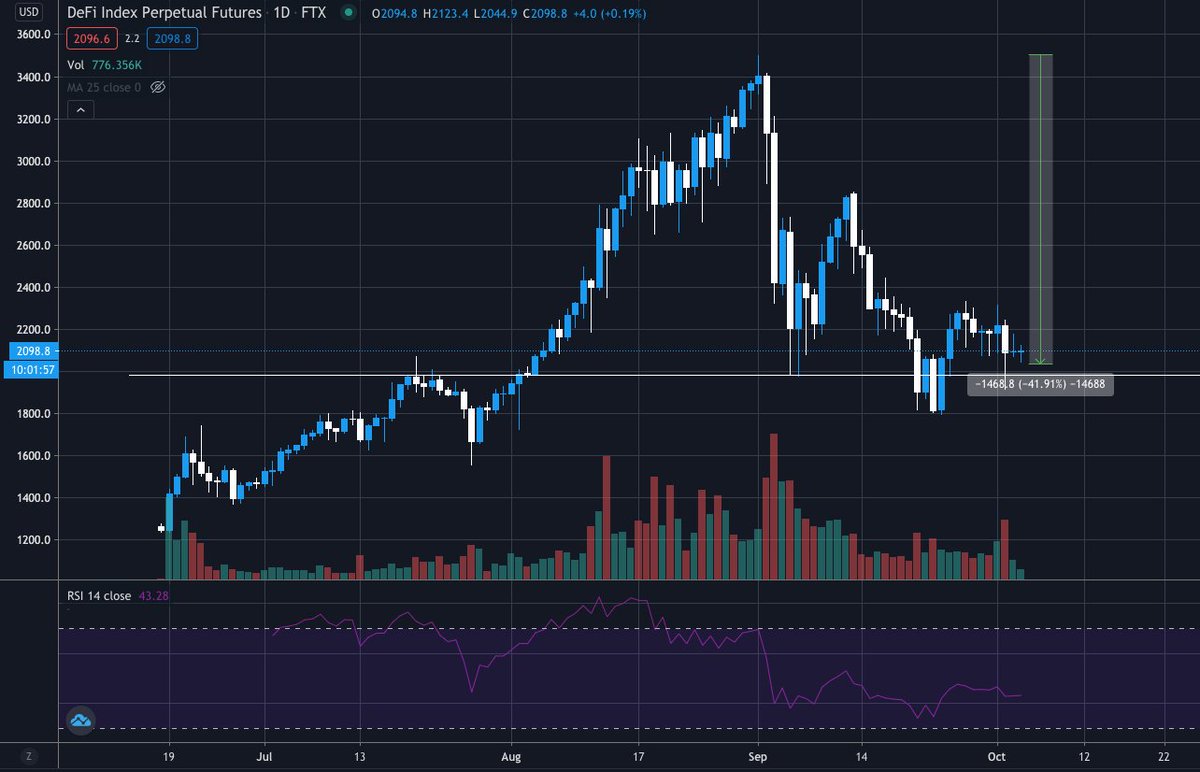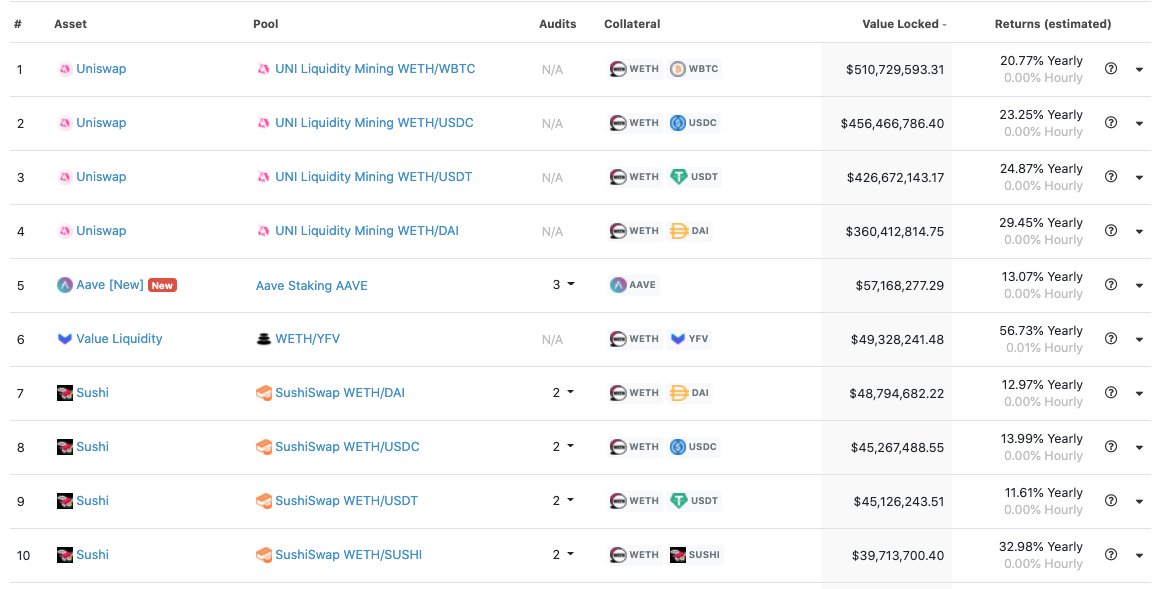
A weird thing about sizing bets...
Short brain dump.
Short brain dump.
One strange thing I noticed in myself in the beginning of my career and among other young investors is the tendency to size too small on ideas with conviction, and size too big on ideas with lower conviction.
It's counterintuitive but it seems common.
1/x
It's counterintuitive but it seems common.
1/x
"Dammit I should have sized bigger! I had a strong thesis. I don't know why I didn't."
"Why did I bet so much on this? It's all XXX's fault for fomo'ing me into this."
Statements like this are manifestations of the above.
2/x
"Why did I bet so much on this? It's all XXX's fault for fomo'ing me into this."
Statements like this are manifestations of the above.
2/x
I suspect the root cause is having low confidence (a function of lack of track record).
You want to think you're smart, but deep down you believe luck is a better driver of your success.
When you size big and get lucky, it's a win! But if you don't, you're simply unlucky.
3/x
You want to think you're smart, but deep down you believe luck is a better driver of your success.
When you size big and get lucky, it's a win! But if you don't, you're simply unlucky.
3/x
Conversely, if you size big on a high conviction idea and end up losing badly, you attribute this failure to your skill.
You think your talent is the only reason you are here, so you'd rather avoid the possibility of having it invalidated by sizing small.
4/x
You think your talent is the only reason you are here, so you'd rather avoid the possibility of having it invalidated by sizing small.
4/x
This is *kinda* similar to how professional tennis players deliberately "tank" a match that isn't going great.
Patrick Mouratoglou (Serena William's coach) attribute this to players preferring to tell themselves they didn't try hard, rather than they weren't good enough.
5/x
Patrick Mouratoglou (Serena William's coach) attribute this to players preferring to tell themselves they didn't try hard, rather than they weren't good enough.
5/x
I don't know if there's a term for this behavior, but a good way to counter this in a team setting is to create a culture where mistakes are not punished, but failure to learn from them is.
6/x
6/x
Another idea is to also celebrate wins to help build up confidence for those who lack it.
Caution can be taught but conviction must be cultivated through encouragement, experience (or delusion lol).
7/x
Caution can be taught but conviction must be cultivated through encouragement, experience (or delusion lol).
7/x
Most important imho is to document wins and losses in detail.
This helps you understand the actual drivers of each success and failure beyond subjective interpretations of skill and luck.
8/x
This helps you understand the actual drivers of each success and failure beyond subjective interpretations of skill and luck.
8/x
Or if you don't want to bother with the above, just build a good track record and the problem will resolve itself.
/fin
/fin
p.s. and if you get too cocky from a string of wins just re-read Fooled by Randomness lol
• • •
Missing some Tweet in this thread? You can try to
force a refresh





